Picking the best team from the past 25 years is a great way to fill columns over Christmas
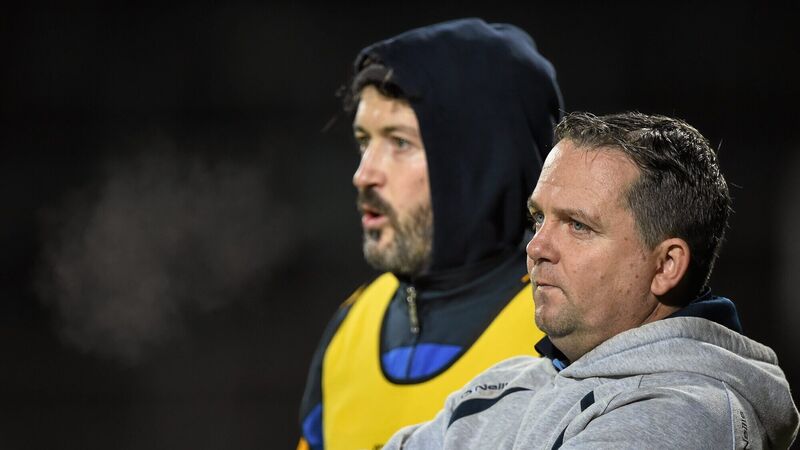
Clare manager Davy Fitzgerald, right, with selector Donal Og Cusack during the game. Munster Senior Hurling League Final, Limerick v Clare, Gaelic Grounds, Limerick. Picture credit: Brendan Moran / SPORTSFILE
A major Christmas conversation starter was thrown in over the holidays with a few publications picking their best hurling and football teams of the past 25 years.
The greatest interest was in comparing the selections.
Would a consensus team emerge above all others?
Or would divisions in opinion prevail?
And after a quarter-century where the Rebel hurlers claimed two All-Irelands from seven finals and the footballers one from three, how many players would get a look in?
The selection of a hurling goalie demonstrated the unlikelihood of reaching a common team.
Brendan Cummins versus Eoin Murphy versus Nickie Quaid proved the conundrum after each player received one vote each from the Examiner, Independent, and GAA.ie correspondents.
One had Quaid fifth in line, outranked by Dónal Óg Cusack and Davy Fitzgerald.
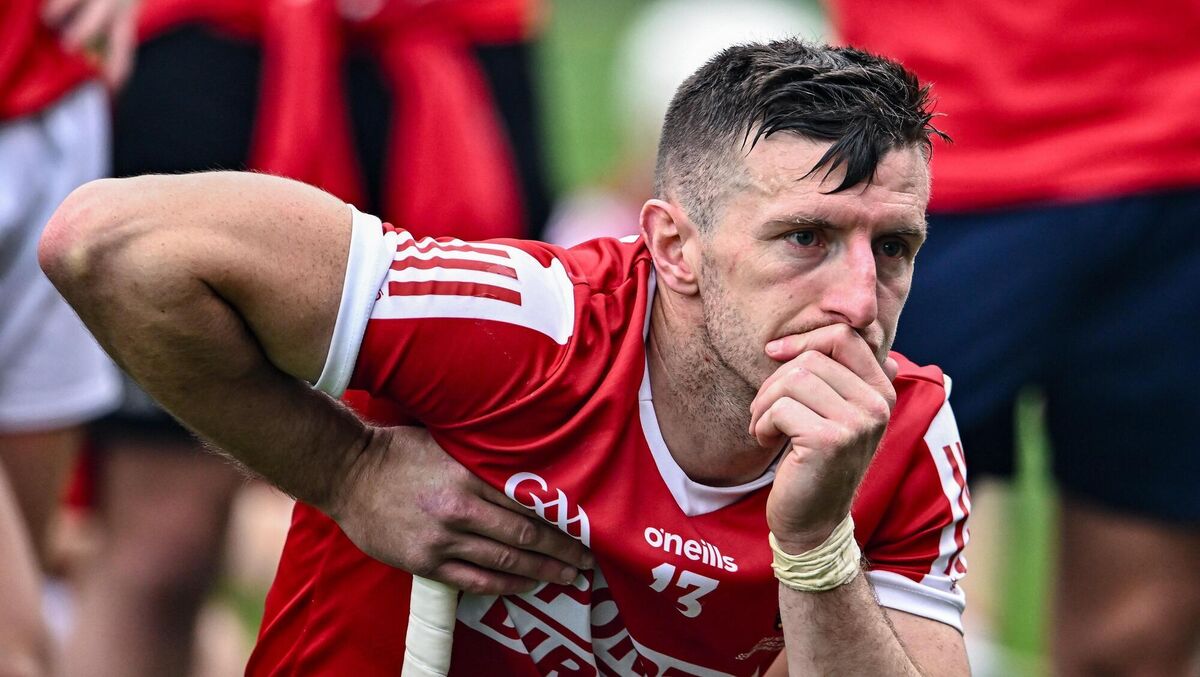
Hard to establish a front-runner from that stew of opinions.
In the end, only one jersey was universally synonymous with a player across the three teams picked.
Even though he won All-Stars on four different lines of the field, it’s the no.5 jersey that leaps to mind when thinking of Kilkenny legend Tommy Walsh.
In each case, he was the stand-out option at right-half back.
When differences in positions were ironed out, a total of eight players featured on all three teams.
The harmony primarily applied to the forwards, where there was agreement on five players.
It was there where Cork gained its one unanimous pick.
All-time hurling top scorer Patrick Horgan continues to chase his Celtic Cross but his place in history is secure.
He shared the corner-forward berths with Tipperary great Eoin Kelly.
Kilkenny clubmates TJ Reid and Henry Shefflin were dead certs for the half-forward line, while Joe Canning could be placed at either 12 or 14.
Aside from Walsh, the other communal selection was JJ Delaney. His versatility was appropriately reflected by being placed in the 3, 4, and 7 shirts.
Limerick were the other all-time great team to emerge alongside Kilkenny. They received one unanimous pick to Kilkenny’s four as Cian Lynch made the cut.
In fairness, Kilkenny’s 11 All-Irelands accounted for almost half of the Liam MacCarthy’s handed out across the 25-year spell.
With Seán Finn Limerick’s other player to get two votes, their stars’ future longevity may yet increase in stature when the half-century teams are contemplated over turkey and ham dinners in 25 Christmases’ time.
The others to gain two votes out of three were Clare captain Tony Kelly and Pádraic Maher of Tipperary.
The Cork team of 2003-06 made moderate headway given their achievements.
Diarmuid O’Sullivan’s iconic impact was recognised with one vote at no.3 while he was named as a top-three contender across the other publications.
All-rounder Brian Corcoran received one first preference at no.6, although his All-Star after the turn of the century came at the other end of the field.
The time frame constraint would omit his two Hurler of the Year performances in 1992 and ‘99.
The other votes for full-back were dispersed between Delaney and Noel Hickey, while centre-back was divided between Declan Hannon and Michael ‘Brick’ Walsh.
Seán Óg Ó hAilpín, Hurler of the Year in 2004, got a shout-out as a close contender at left wing-back from all three writers.
Séamus Harnedy was identified as the most prominent other member of the current crop from his dozen seasons in red.
Two of those publications dipped back in for a football team of the quarter-century which saw no Cork player chosen.
There were a couple of honourable mentions for defenders Michael Shields and Graham Canty but like their hurling counterparts going up against the four-in-a-row winners from the Marble and Treaty cities, there was one dominant team casting a shadow above all others.
There were 10 common picks across both teams with three coming from Dublin in Stephen Cluxton, Brian Fenton, and Ciarán Kilkenny.
In some cases, the vote was split between capital candidates such as the no.7 jersey, which saw James McCarthy measuring up against Jack McCaffrey.
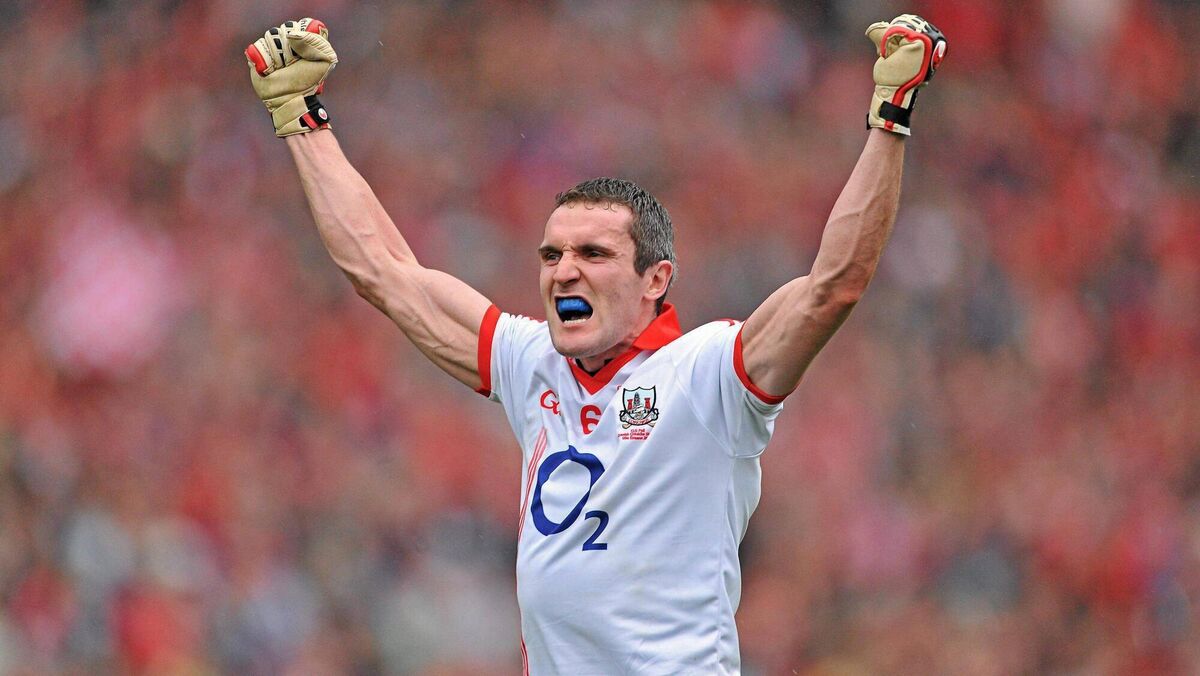
While these are individual prizes, the awards still mirror the spread of All-Irelands in the period with Dublin’s nine, Kerry’s seven, and Tyrone’s breakthrough four leading the way.
Kerry (Marc Ó Sé and David Clifford) and Tyrone (Seán Cavanagh and Peter Canavan) are recognised with a pair of automatics across each selection.
Mayo (Keith Higgins), Armagh (Kieran McGeeney), and Donegal (Michael Murphy) equally had one agreed representative.
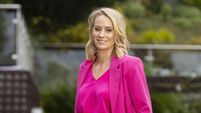
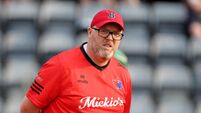
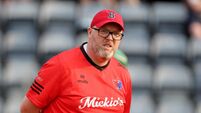
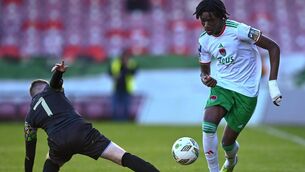
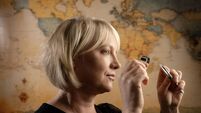

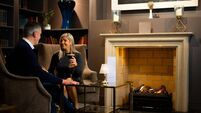
 App?
App?







